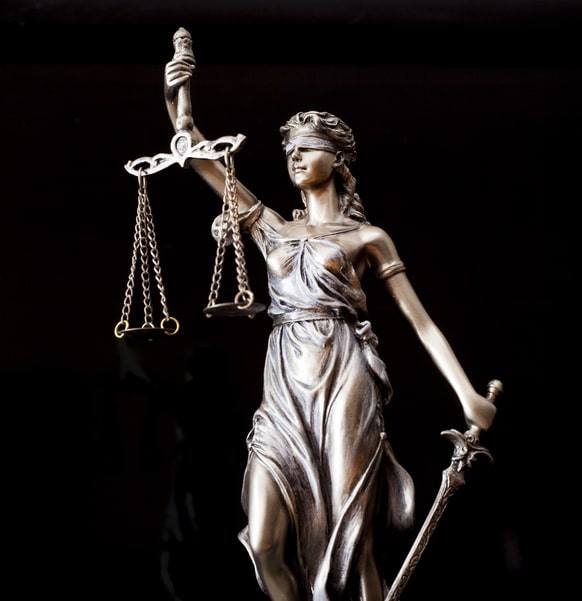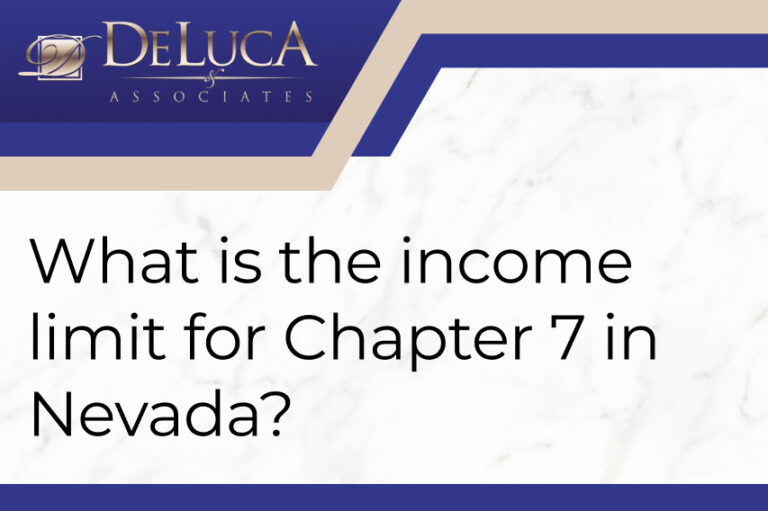What Happens to Credit Card Debt in Chapter 13 Bankruptcy?
If you are considering bankruptcy, you need an experienced bankruptcy attorney. A Chapter 13 bankruptcy can be difficult to navigate on your own. One question many have when contemplating their options is what about credit card debt? What happens to the debt when filing for bankruptcy?
Credit card debt is generally unsecured debt, which means a creditor extends the credit without getting any kind of collateral. If a consumer defaults on credit card debt, the only recourse a creditor has is to charge late fees. There are a few exceptions, which an attorney who specializes in bankruptcy law can explain.
Dischargeable debt is a key word in a Chapter 13 bankruptcy filing. Dischargeable means the debt can be negotiated to a lower balance with a repayment plan or wiped out completely. The amount you pay is going to be determined by several factors including your disposable income. Disposable income is the only consideration in a repayment plan for unsecured debt. Because credit card debt is unsecured, the creditors are low priority in the repayment plan. Mortgages, taxes, and child support are always going to be given higher priority. If there is no money left, your bankruptcy attorney will start the negotiation process.
In some cases, an attorney might be able to have the debt discharged completely as in eliminated from the total amount owed in the restructuring plan. The discharge will generally only be granted if the consumer has followed the repayment plan. The total amount owed is generally much lower than what the company is trying to collect.
As a credit card holder who enters into bankruptcy, you can expect the accounts to be closed. You will not be able to charge anything. While the bulk of credit card debt is unsecured, there are some situations it is secured. You may have to surrender anything purchased with a secured card.
While credit cards are unsecured, a creditor can request the return of large or luxury items to mitigate some of the debt. A creditor can object to the discharge of the debt in these situations. This is especially likely if the purchases were made a short time before the bankruptcy filing. The general rule is ninety days.
Cash advances on a credit card may also be objected to by the company. If the advances were taken seventy days prior to the bankruptcy filing, the creditor may try to prove fraud. If the creditor is successful, the debt will not be discharged and you will be responsible for the full amount.
If you are unsure of the next steps needed to deal with your debt, contact DeLuca & Associates Bankruptcy Law.






